Category: Blogs
-
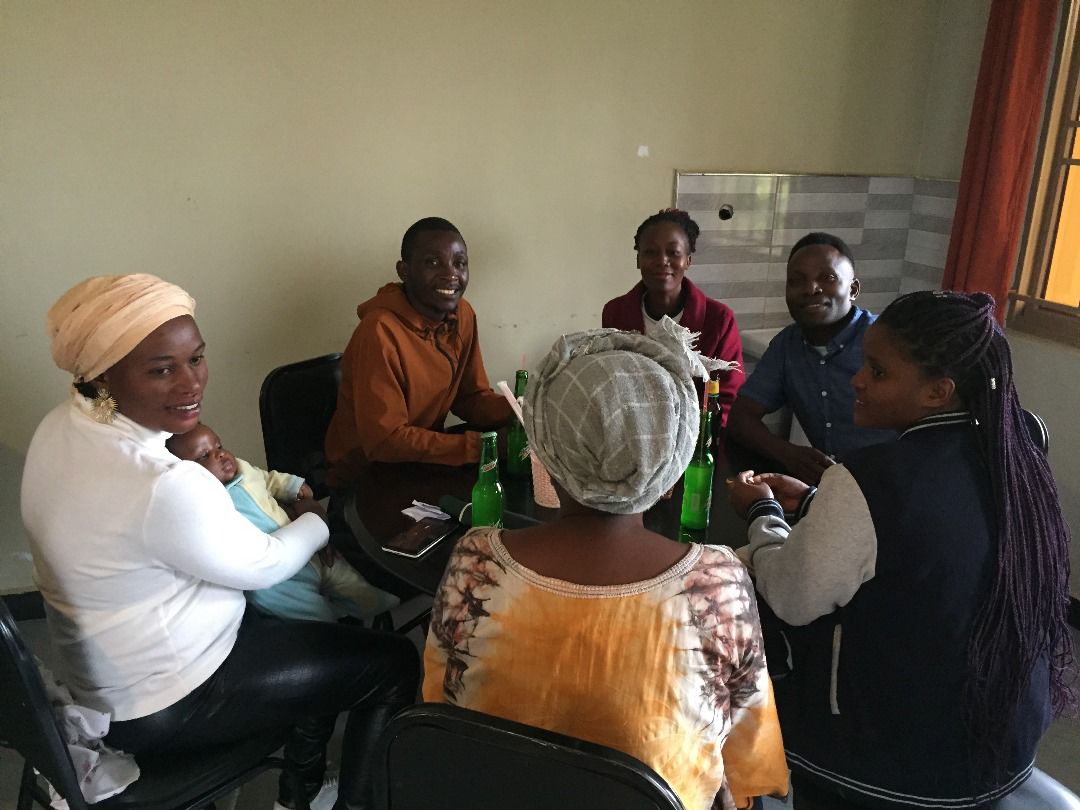
Voices from the Ground: When Visibility Replaces Value
In this episode of Voices from the Ground, I explore what it really means to be close to the community; and how trust-building and human relationships can reveal truths that reports and project metrics often miss. Recently, I spent time with a group of refugee women leaders in Rwamwanja settlement. I didn’t go with an…
-
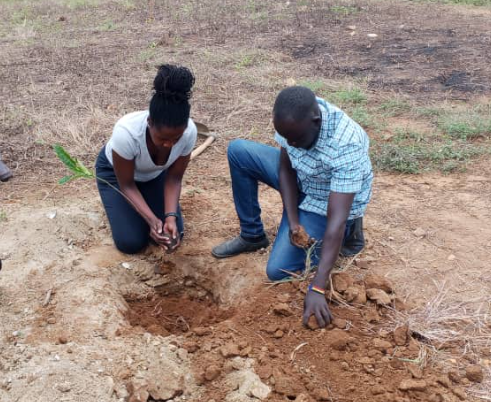
The Crisis of Humanitarian Partnerships
Lately, I have found myself in countless conversations and sector convenings where the same question keeps surfacing: “Why are partnerships with refugee-led organisations (RLOs) still tokenistic and only pursued when INGOs face funding cuts or operational challenges?” Across the humanitarian sector, the narrative is becoming familiar: RLOs are called upon only when costs need to…
-
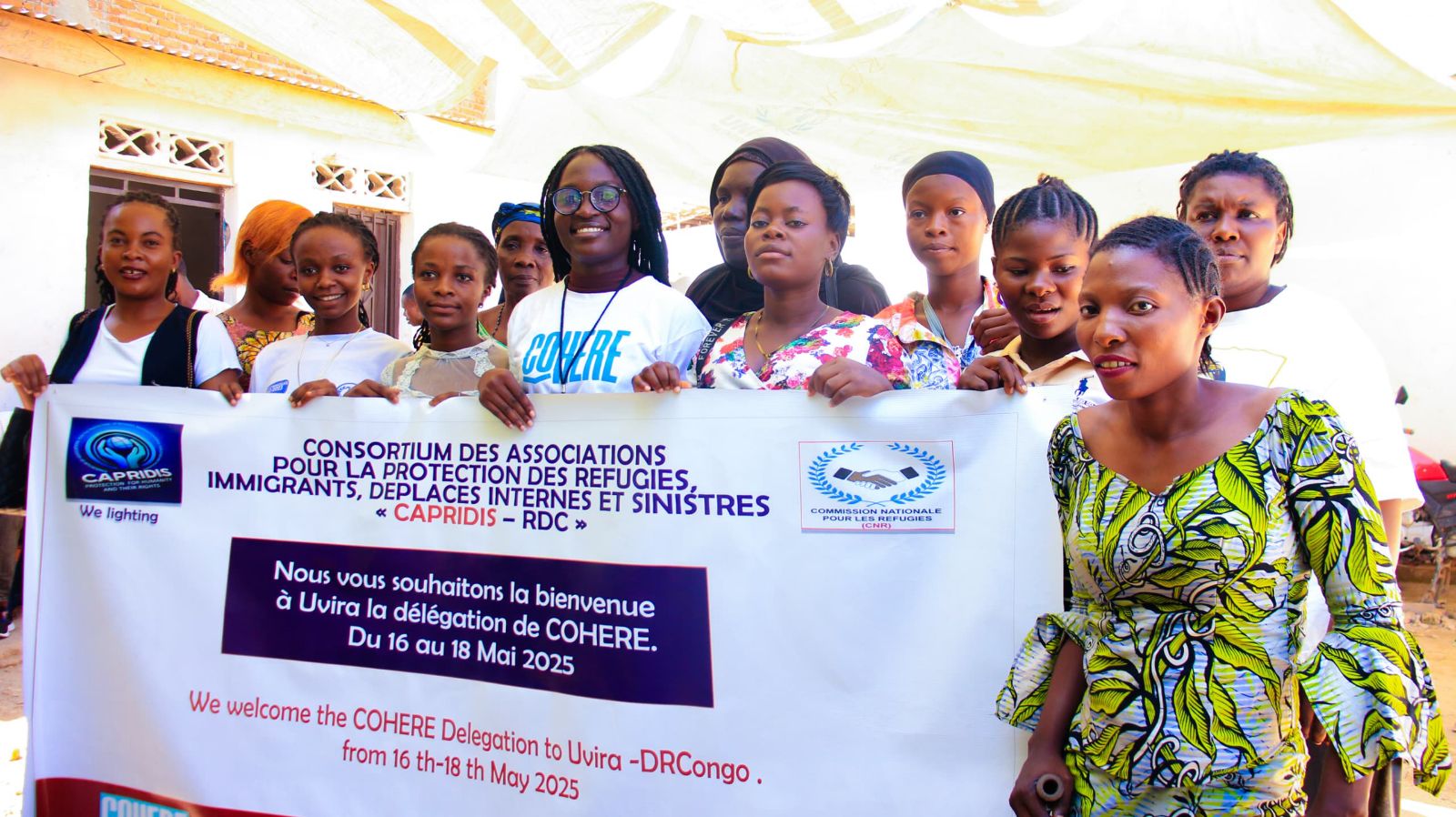
« De Réfugiée à Voix Active
Parlant de mon histoire, je suis née en République Démocratique du Congo, un pays riche de culture, de beauté mais aussi marqué par des instabilités profondes. Comme beaucoup, j’ai été contrainte de fuir, non pas parce que je le voulais, mais parce que la vie m’y oblige. Me retrouver en Ouganda comme réfugiée, c’était porter…
-
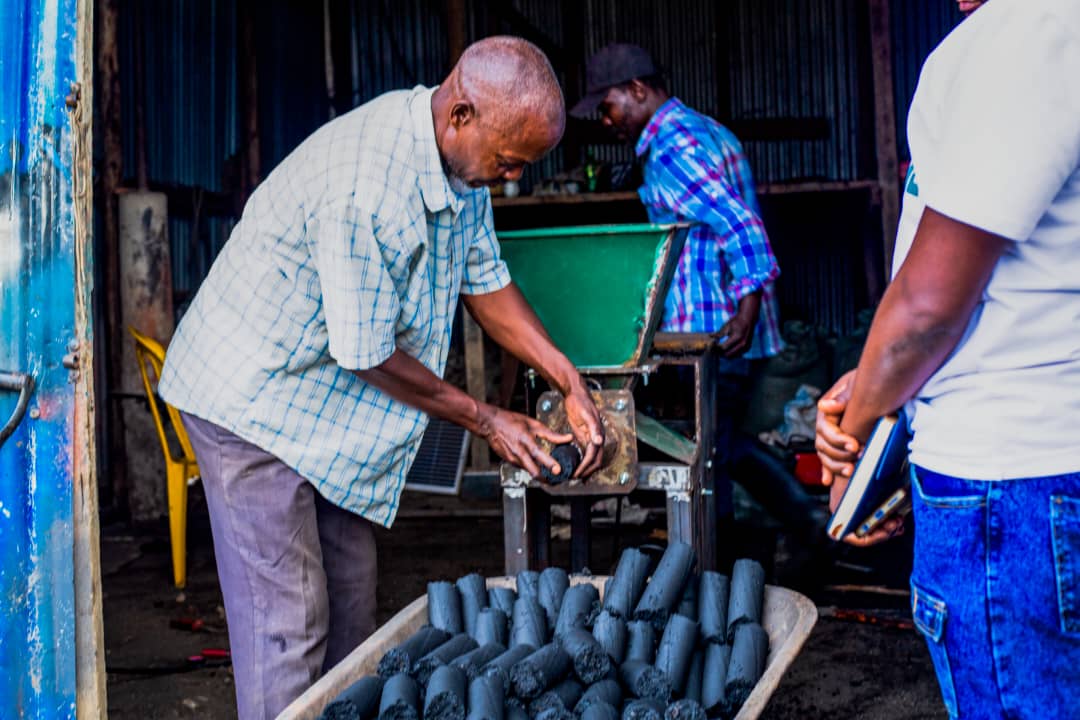
Why Donor-Led Agendas Are Failing Communities
For years, donors in the humanitarian sector, have relied on the concept of risk aversion and capacity gaps to justify rigid, restricted and time-bound grants when funding actors in the Global South. To access this funding, organisations are expected to construct robust logframes, articulate detailed theories of change, and commit to predetermined outcomes, often within…
-

Refugee-Led Innovation in Education
How RLOs in Kakuma Are Reimagining Learning In the heart of Turkana County, in Kakuma refugee camp, where survival is shaped by scarcity and resilience, a quiet but radical transformation is underway. It isn’t led by international agencies or headquartered strategies. It’s being shaped by Refugee-Led Organisations (RLOs) that are not waiting for permission to…
-

Bringing refugee leadership from the margins to the centre to advance early years education in crisis contexts
Co-authored by Cohere, Global Schools Forum, Ki4Bli (Kenya) and YIDA (Uganda) Early childhood is a critical window for shaping lifelong outcomes in learning, health, and wellbeing. Research shows that high-quality, birth- to-five early childhood programs for disadvantaged children, yields a 13% return on investment per child, per annum through better education, economic, health, and social…
-
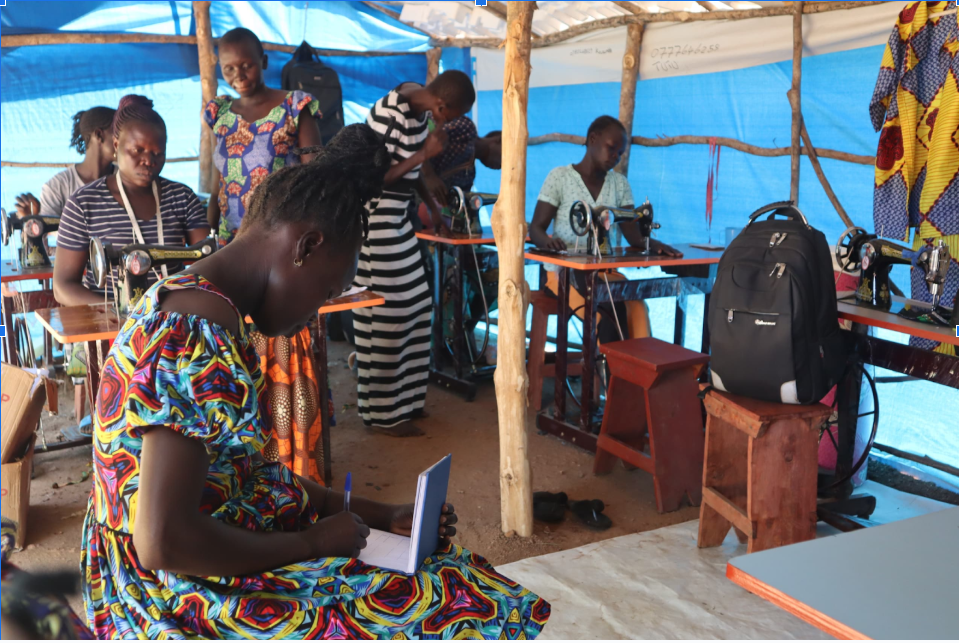
Why Partnerships Matter: YETA
In the refugee-hosting regions of northern Uganda, Youth Empowerment to Act Peace and Disability Initiative (YETA), based in Imvepi, Terego district, has worked closely with Cohere for many years. Throughout the partnership, they have demonstrated that when local expertise gets effectively resourced, real and sustainable solutions can flourish. Cohere shares YETA’s belief that the most…
-

On Shyness About Values
In many of the gatherings I find myself in, I’ve noticed how difficult it can be to talk openly about values. There often seems to be a kind of shyness — a hesitancy to name convictions, to speak of beliefs, or to use language that might be interpreted as ideological. That word, “ideology”, is uncomfortable…
-
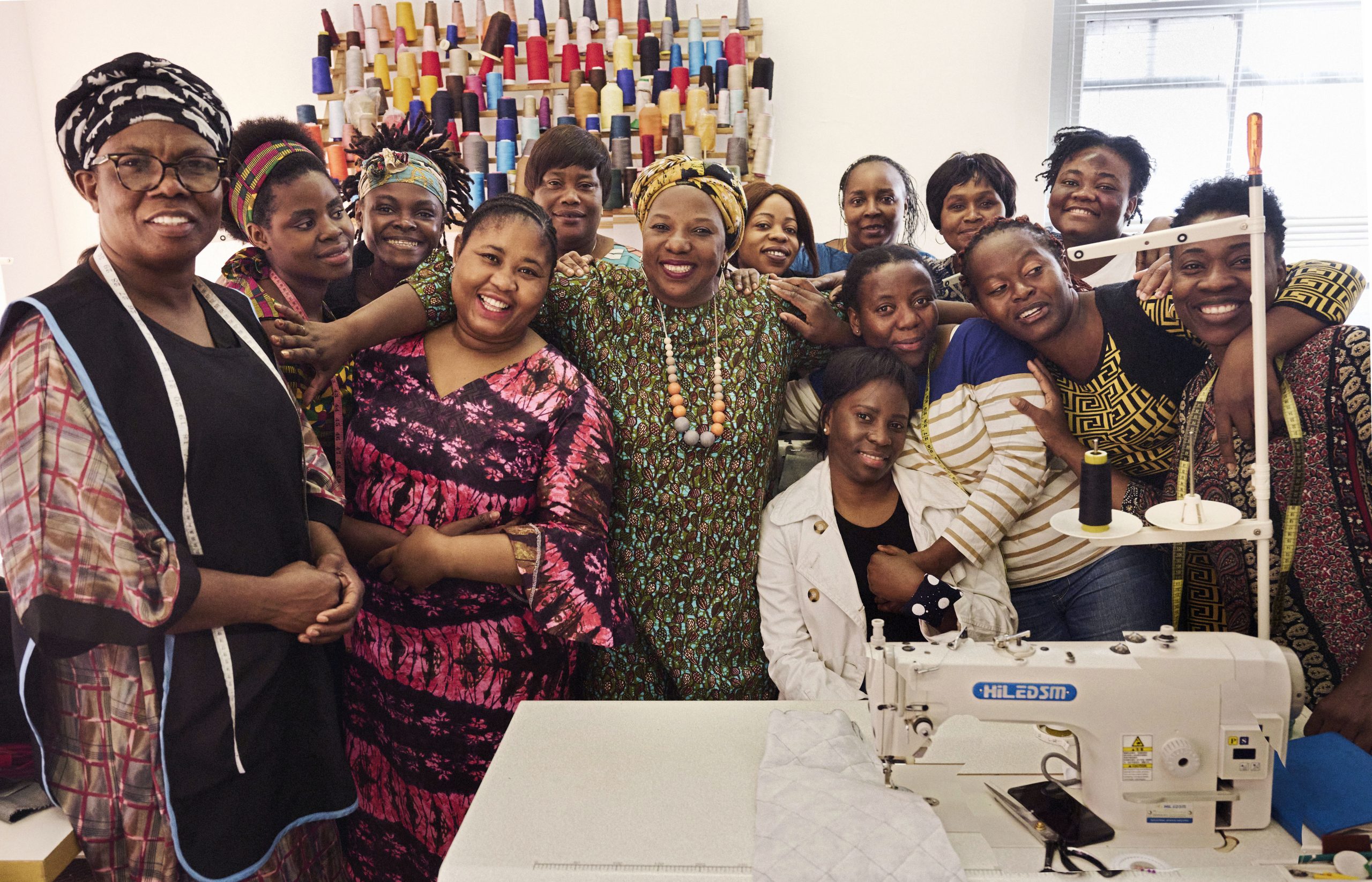
Menstruation is Political and Period Justice Demands Systemic Change
Menstruation is political. Yet in many spaces where period justice is discussed, the focus remains on pads and product distribution. This narrow lens misses the bigger picture. Period justice is about dignity, autonomy, health, safety, and equity; and it’s deeply systemic. It intersects with race, gender, class, displacement, and geography. But those most affected by…
-
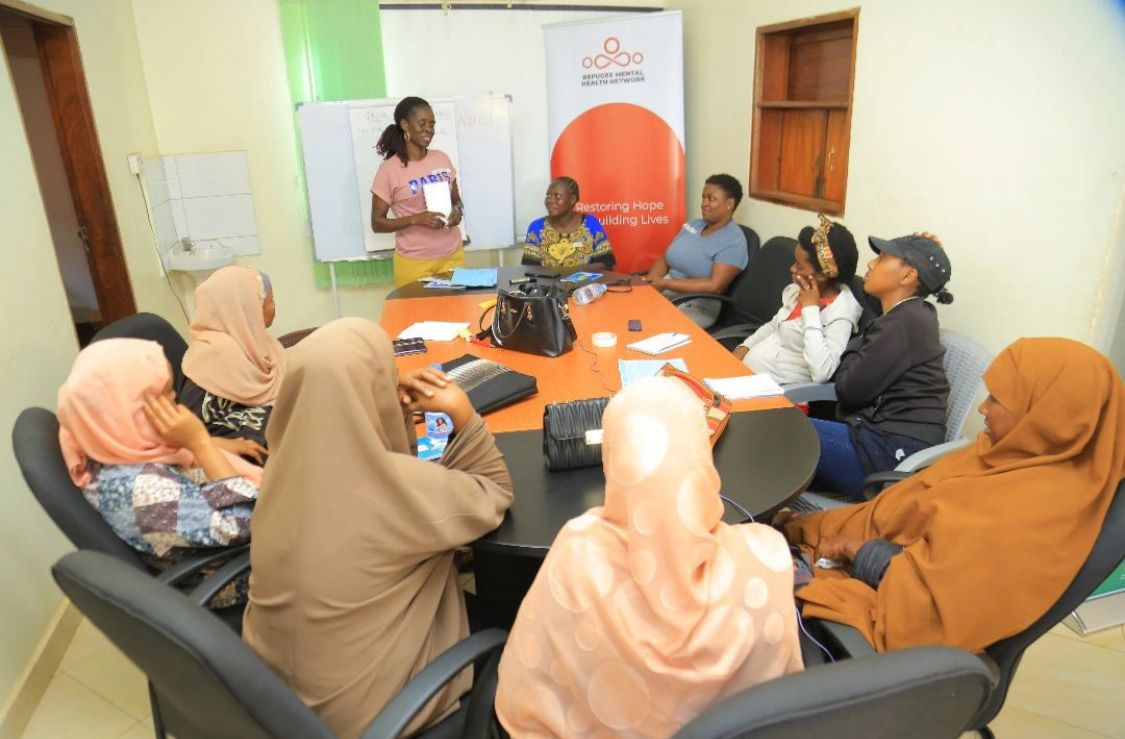
Celebrating and Supporting Refugee Women Leaders
Even though International Women’s Month may be behind us, we can still take a moment to reflect on the incredible stories of resilience, leadership, and equity that have inspired us. This year, we’ve celebrated the extraordinary contributions of refugee women – survivors, leaders, and changemakers who are transforming their communities despite unimaginable challenges. Refugee women…